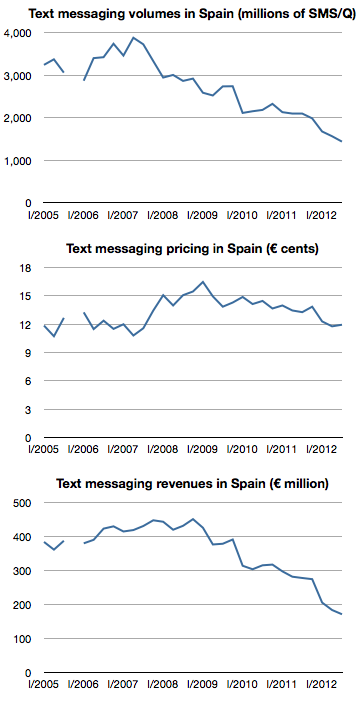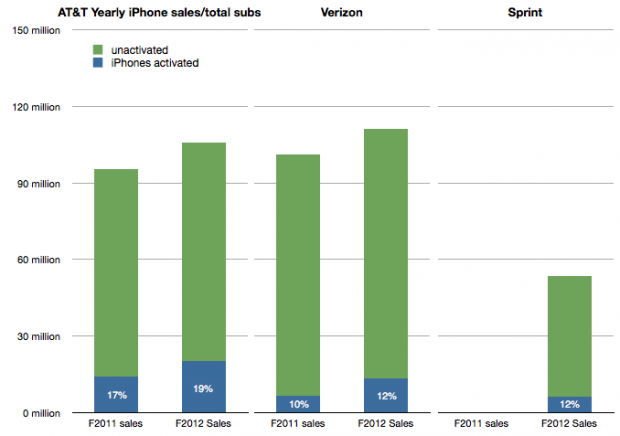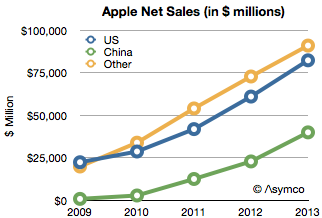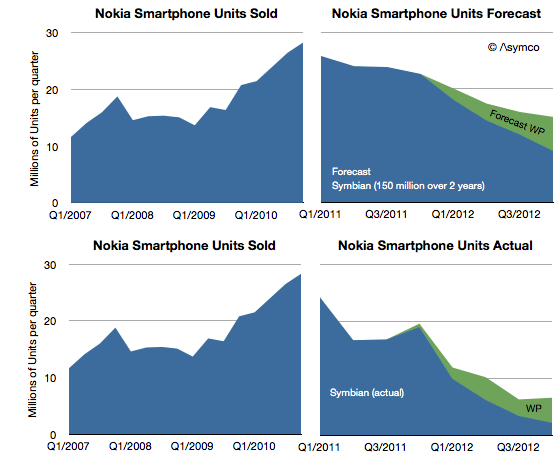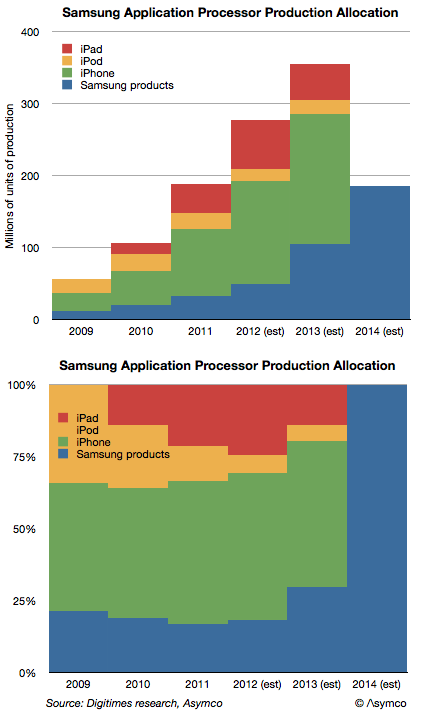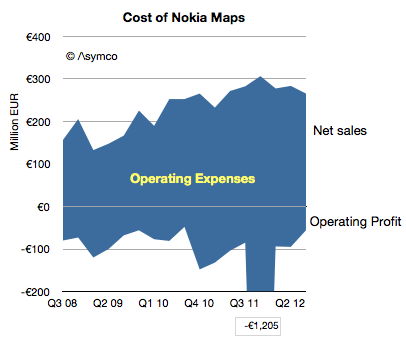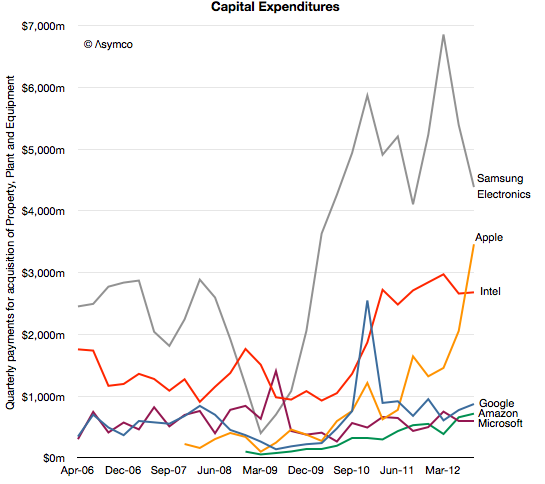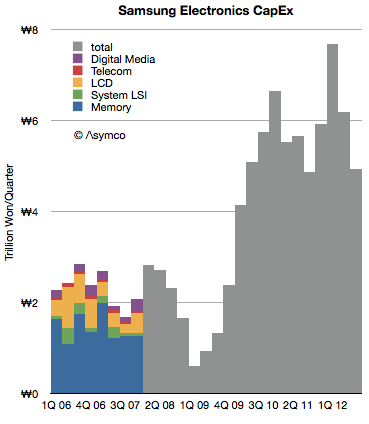A short interview for iCon where I’ll be presenting tomorrow. The interview originally took place on January 9th, 2013.
Jasna Sykorova: You have focused on mobile devices for some time now. What made you to start to give a special attention to Apple related data?
I began to look at Apple in 2005; long before they were in the phone market. I had an iPod and liked the Mac but I did not have particular reason to think about the company. You might find it strange that it was the launch of two very peculiar products that caused me to change my perception of the company. They were the iPod Shuffle and the Mac mini.
These are not seen as important today nor were they back then. But they signaled to me that something dramatic was happening: the company was shedding its “premium” image. This and the earlier move of iTunes to Windows signaled [to me] that Apple was serious about the mass market and the minimum price that a person would need to pay to become an Apple owner.
This was pivotal to me also from the point of view of disruption theory. If a company takes the fight to the low end it means it protects itself from a low end disruptor and may even enter new markets. So if the thinking is that Apple would disrupt then it would have to get into new categories. I then asked myself what it would target. I told myself (again, in 2005) that Apple will do three things:
- build a phone
- disrupt the PC market
- enter the living room.
1 and 2 are well understood to have happened and 3 is nearly here with Apple TV.
Each of these were tremendous opportunities and it’s been fun watching it happen over the last 7 years.
By the way, my expectations were right not because of any insight into the company. I had not studied Apple much at the time. All my expectations came from understanding the psychology of a disruptor. Nor does it mean that what Apple did was deliberately planned. It’s possible to predict what people will do even if they don’t know what they will do themselves.
Can data tell stories? Can you judge just by data?

